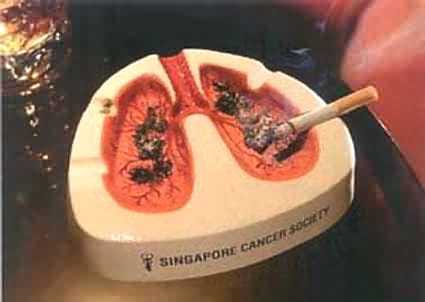Last Tuesday the Archives of Internal Medicine released a study that analyzed the news reporting about cancer in 8 large-readership newspapers and 5 national magazines in the United States. The authors identified 2228 cancer-focused articles published between 2005-2007 and did a more detailed analysis on a random sample of 436 (20%) articles.
20% of articles discussed cancer in general, 35% focused on breast cancer, and 15% focused on prostate cancer. 32% of the articles focused on survival and 8% focused on death and dying. 57% of articles discussed aggressive treatments, but only two articles exclusively discussed end-of-life palliative care. Only 13% of articles reported that aggressive treatment might fail to cure or extend life, and only 30% of articles mentioned that cancer treatments can result in (sometimes serious) adverse events.
Cancer is the second most common cause of death in the United States and therefore cancer news coverage is relevant to many people. One important finding of the study is the relative under-reporting of death and dying and palliative care, despite the well-documented benefits for patients and their families. The Pallimed blog discusses this in more detail. The article was also discussed at Scientific Blogging and at syracuse.com.
I am not surprised by these findings, as they seem to reflect the expectations of most cancer patients and their families towards treatment. In my personal experience as a doctor treating cancer patients, most patients, relatives and their treating physicians (including myself) are overly optimistic about the potential benefits of an aggressive cancer treatment (especially if part of a clinical trial), and talk much less about the possibility of the treatment not working, side effects, or death and dying. The scientific literature supports this personal experience.
The study raises a number of additional questions:
- What scientific information was used as background information for the news reports? Conference reports vs. published papers, case reports vs. large randomized trials, research in animal models vs. clinical research? Was a source for the research provided in the news reports?
- What is the cancer news coverage by science/medical bloggers? Is there a similar bias towards aggressive treatment approaches and an under-reporting of treatment failures and adverse events?
- Are there geographical differences (U.S. vs. Europe, urban vs. rural areas) in cancer news reporting and changes over time?
- How are other areas of science covered in the media, e.g. other common diseases such as Alzheimer’s disease or malaria, climate research or other reasearch areas with large public interest, or basic science research?
Thanks to Ivan Oransky and his Embargo Watch blog to alert me to this paper.
References
Fishman J. Cancer and the Media: How Does the News Report on Treatment and Outcomes? Arch Intern Med. 2010;170(6):515. doi:10.1001/archinternmed.2010.11


